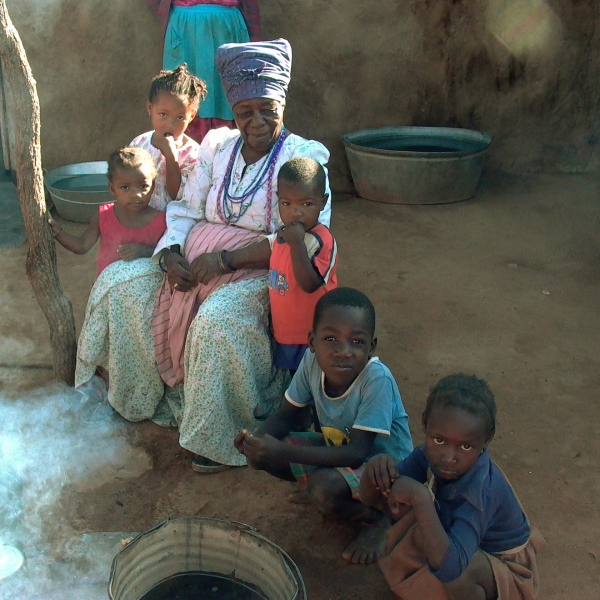Even in Africa, so-called “ethnic conflicts” are often not conflicts at all, but are fomented under this label by interested rulers. The aim of the current project “Family histories in Fransfontein”, led by Dr. Michael Schnegg and Dr. Julia Pauli (Institute of Ethnology, University of Cologne), is to underpin this awareness through scientific research and to make the results accessible to the population. One means of research is genealogy. It can be used to decipher the history of a place or region. In this case, it is the village of Fransfontein in north-western Namibia. For more than a hundred years, people have been living there who were displaced here by migration or expulsion from other areas. The stories of the families clearly show that they have by no means remained “ethnically among themselves”: most of the residents today have ancestors from two or three ethnic groups. This has long been reflected in everyday life. This is why scientists are particularly interested in customs, e.g. wedding customs and religious rituals. No less revealing are the developments in language and linguistic usage. The results of this research are to be made accessible to the population in such a way that they can be linked to existing local history initiatives. The visual and audio material obtained, as well as all other recordings, will be published in forms that can be used not least in school lessons in the region. In this way, this project can contribute to the consolidation of multi-ethnic identity.
A brochure was printed and can be ordered from the project website www.fransfontein.org.


